
The OECD and UN Democracy Fund have identified citizen deliberation using random selection and extended time as the most promising way to improve our democracies. This is your chance to learn how to use these methods in your own community from some of the leading teams in this field that have worked for both national, regional, and city governments in France, Canada, Australia & Denmark. Speakers will present case studies as well as focus on some of the key principles of deliberative democracy.
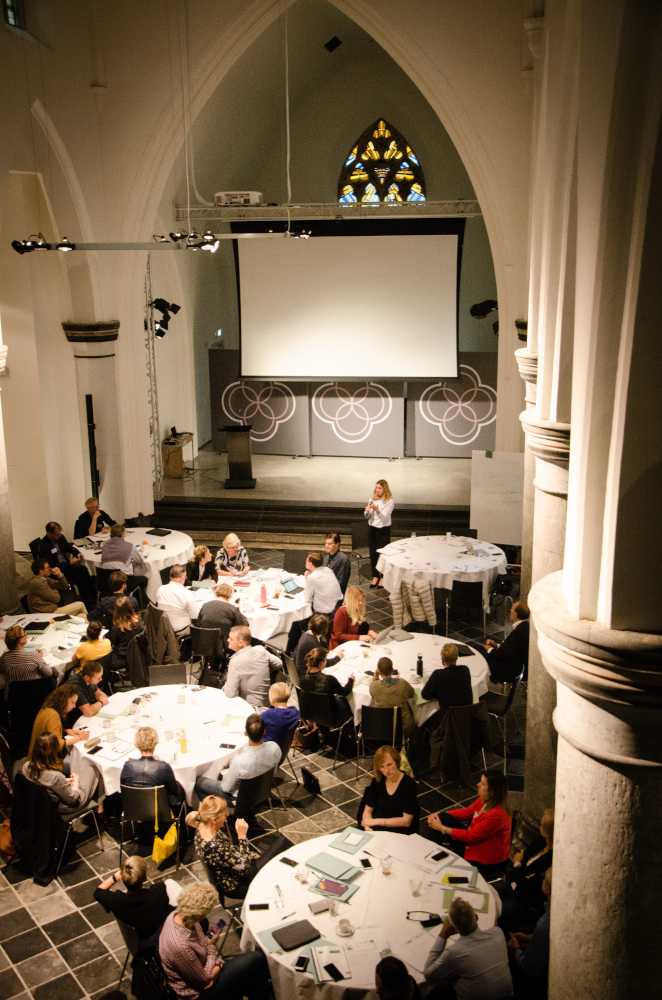 Interested? Then enlist for the G1000 online summer school, organized in cooperation with the newDemocracyFoundation (Australia) and MASS LBP (Canada).
Interested? Then enlist for the G1000 online summer school, organized in cooperation with the newDemocracyFoundation (Australia) and MASS LBP (Canada).
The G1000 Summer Schools bring together a number of international experts in the field of deliberative democracy and sortition to assist you in developing a project apt for your city or region.
This online workshop will take place over two weeks at the end of October and start of November 2020 (see dates) and is specifically designed for civil servants and project managers that want to use participation projects using deliberative methods.
Read some testimonials from the 55 participants that came from 11 different countries for last years’ edition.
What is the aim of the G1000 Summer School?
The main goal of the G1000 Summer School is to assist governments at all levels in designing a model for the use of deliberative democracy and sortition in their own community by learning from the highest quality projects. During the different sessions, the speakers provide participants with in-depth detail of a case study. Following this, the key aspects of the design of a deliberative process is discussed. As a participant, you will come with your own project to the sessions. Twice over the course of the project, you will join a separate breakout session and discuss how the topics you’re learning about can be applied to your project.
What is the G1000 ?
G1000 is a non-profit platform for democratic innovation. Our team develops, supports and promotes new forms of deliberations with random selection of citizens that reinforce democracy, from local to international level. It has amongst others organized the G1000 event in Belgium, a deliberative process that involved several hundreds of citizens. Other projects included the design of the so-called “Ostbelgien Model” that is has been installed in the German-speaking region of Belgium to involve citizens in a structural way in the work of the regional parliament. More on www.g1000.org
When?
The G1000 online summer school will take place between the 23th of October and the 13th of November 2020 during five sessions over two weeks (see dates below). Each week, participants will meet for a three-hour session at the beginning of the week where two case studies will be presented, including a focus on specific aspects of the deliberative process. A second session in the second half of the week will allow the participants to work in facilitated smaller groups to apply the aspects discussed that week to their own projects. The summer school kicks off on October 23 with an introductory session featuring Claudia Chwalisz from the OECD. She will talk about the general principles of deliberative methods and highlight some recent trends in their use in policy-making throughout the OECD countries.
The dates for the online sessions are:
- Friday 23 October: Kick-off and Introductory session.
- Mondays 26th of October and 9th of November: learning sessions (3 hours)
- Fridays 30th of October and 13th of November: small group sessions on personal project (2 hours, facilitated)
The sessions will always start at 3 PM Central European Time - 9AM Eastern Time (Canada / US)
A second session suitable for an Australasian/ west coast North American timezone is planned for late November. Mail to
to be added to our waiting list and to be notified as this is confirmed.
How to apply?
If you are a civil servant in a region or city that wants to learn how to work with deliberative methods then fill out this application form before the 15th of October. It is important that you have a good knowledge of the project where these methods could be applied so you can make full use of the information and interactive sessions. Participants should also aim to take part in all of the sessions.
You can also email
for additional information.
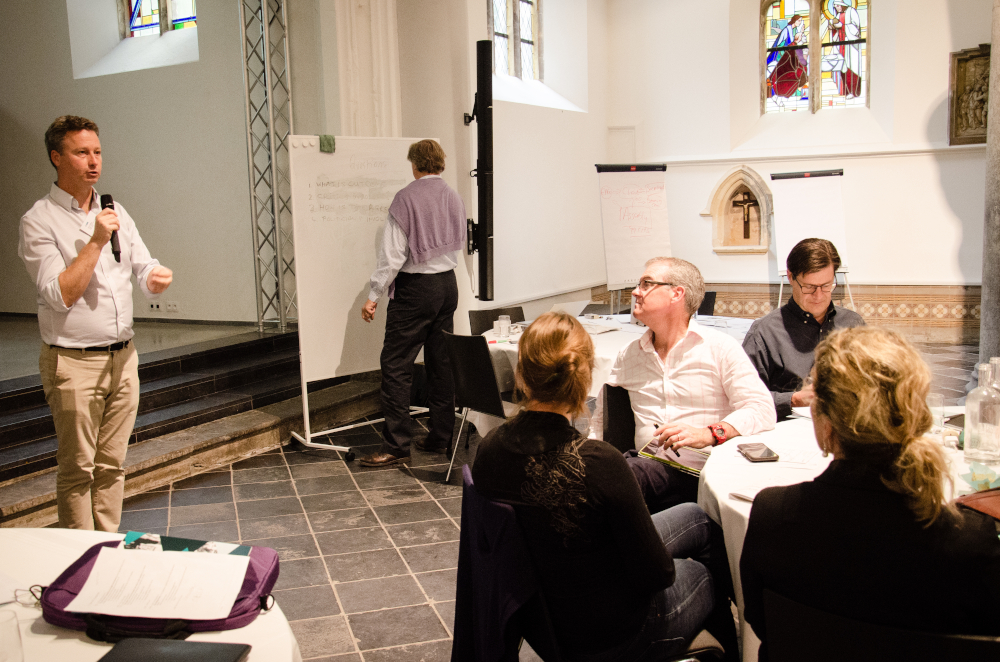 In the form, we ask you to briefly specify what the project would be of the current regional/city administration in this field.
In the form, we ask you to briefly specify what the project would be of the current regional/city administration in this field.
Enrol early as spaces are limited.
The cost of the workshop is €400 per person (If for your specific situation this amount is problematic, get in contact with y.dejaeghere@fgf.be).
Experts at the Summer School
The experts that will present have all been central actors in planning or setting up a deliberative process. They will briefly present a case and then go into detail about a number of central aspects of planning such a process. Cases will both cover the national, regional and city level.
During the breakout sessions, experienced moderators will be present to guide the conversations.
The working language of the summer school will be English.
The experts at the summer school will be:
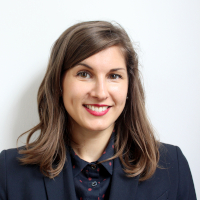 |
Claudia Chwalisz leads the OECD’s work on innovative citizen participation, which explores the paradigm change underway towards a more participatory, deliberative, and collaborative governance. She co-authored the first OECD report on this topic: Innovative Citizen Participation and New Democratic Institutions: Catching the Deliberative Wave (2020). Claudia also coordinates the OECD Innovative Citizen Participation Network of leading international practitioners, academics, public servants, and designers, and edits the OECD's online digest Participo. She is the author of The People’s Verdict: Adding Informed Citizen Voices to Public Decision-making (2017) and The Populist Signal: Why Politics and Democracy Need to Change (2015). She is the keynote speaker for the session of Friday 23th of October. |
|
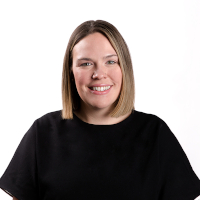 |
Laurie Drake is the Director of Research and Learning at MASS LBP, Canada's home for democratic innovation and public strategy. Laurie has designed and led several Reference Panels across Canada and has worked with over a dozen public sector clients to design ambitious efforts to engage citizens in tackling touch policy choices. She will focus on the Metrolinx Regional Reference Panel, a two-year long standing that provides advice and recommendations to the regional transit planning agency for Greater Toronto and Hamilton Area.
|
|
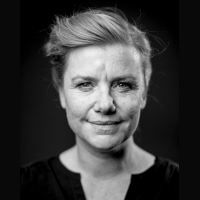 |
Zakia Elvang is a founding partner in We Do Democracy in Denmark, and is both and advisor and activist in citizen participation. She was the organizer and moderator of the first Danish citizens assembly in the city of Copenhagen, running several assemblies in 2020 and taking lead on bringing deliberative processes to Denmark both on national and local level. She will focus on the work for the Copenhagen Citizens Assembly during the 2020 Summer School. | |
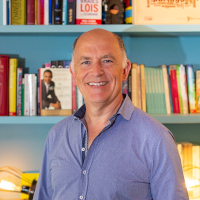 |
Yves Mathieu is co-director and founder of the independent agency Missions Publiques. He brings a new approach to the governance of the commons by including citizen expertise and by advising decision-makers on their actions and strategies. He has more than 25 years of experience in the design and facilitation of citizens and stakeholder participation approaches, locally and globally, and in the participatory design of public policies and public services. He is a member of the TEDx community, associate expert of World Economic Forum and a founding member of the global Democracy R&D network. Recently, he was co-coordinator of the team in charge of the design and the facilitation of the French Citizens Convention on Climate (2019 and 2020) and this is the project he will present at the summer school. | |
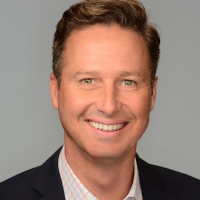 |
Iain Walker is the executive director of the newDemocracy Foundation in Australia. He has been part of designing deliberative processes both at the local and provincial level in Australia and is a known international expert and public speaker on the topic. He will focus on the Melbourne People’s Panel, a project where randomly selected citizens drafted recommendations for the city’s financial planning for the next 10 years. |
